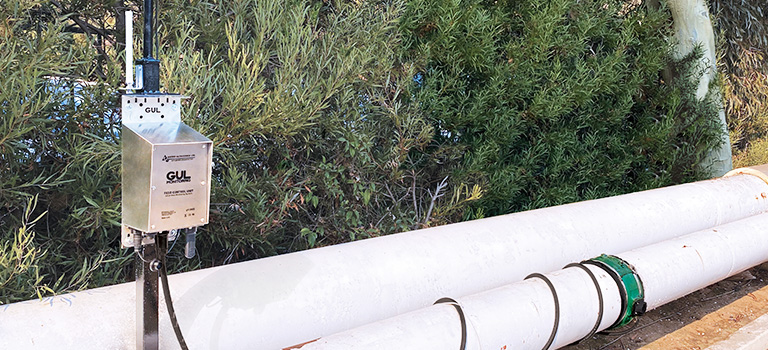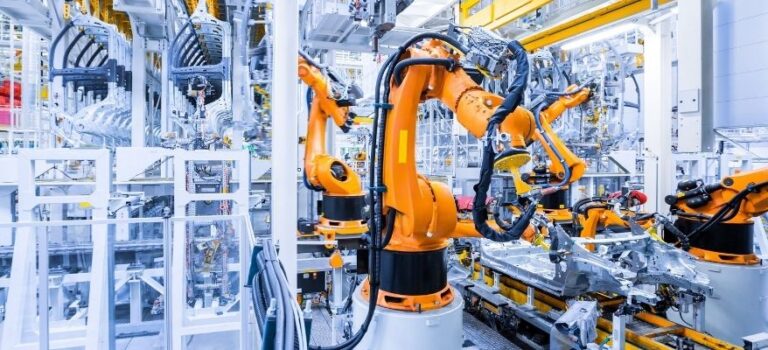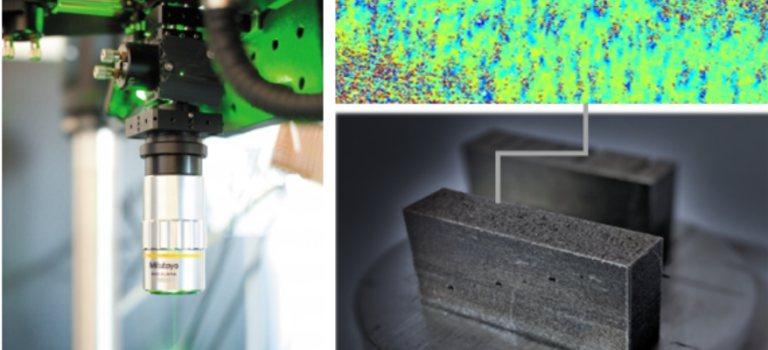
Location specific temperature compensation method
This case study details research to maximise area coverage per sensor in permanently installed monitoring. It resulted in the development and patent of a new Location Specific Temperature Compensation (LSTC) method which, among other applications, has been trialled on a bulk ultrasonic wave monitoring system and shown to perform very well.





